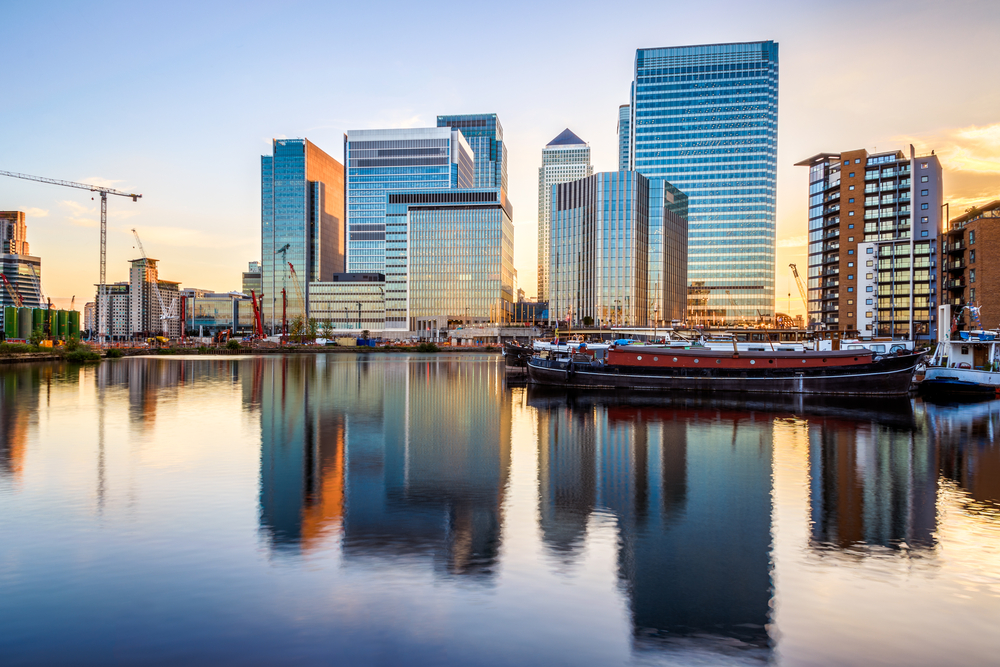
The Importance of Good Architectural Design
We spend a massive 90% of our lives indoors – inside our homes, inside our schools and inside our workplaces. We exist inside of buildings.
It’s therefore no surprise that our mental health is heavily influenced by the walls we spend our time within. If the design of a building fails to meet the needs of those who live beneath its roof, it can be a hazardous place to be.
A lack of natural light, poor ventilation and frustrating functionality in a building can quickly bring its inhabitants down. Whereas a light and airy building that best utilises its space can boost spirits and boost energy.
A well designed structure should provide both a safe space to be and sensory stimulation.
Far more than just a physical indoor area, a building has the power to enhance or hinder our psychological wellbeing. Whether we realise it or not, we react to and are changed by our environment. The design of a building matters. We are products of the structures we spend our time within. As Winston Churchill famously said, “we shape our buildings and thereafter our buildings shape us’.
The Shape of Things to Come
A new wave of prefabricated housing will soon sweep the country. These modular homes will be mass produced in factories and delivered to site complete. Not only with doors, walls and windows, but complete with kitchens, sanitary ware and carpets. A fully finished product.
A great time saver and cost-effective solution certainly, but is this shaping our buildings with care?
The government plans to produce prefab housing at a serious pace of knots in order to ease the UK’s housing crisis. The idea of new homes being put together on a production line, pre-packaged like a microwave meal and shipped out by the lorry load will certainly cause some a sense of uncertainty.
However, not only are modular buildings quicker to build and more cost-effective than brick and block construction, they also have sustainability benefits. So maybe the success or failure of these modern modular homes will come down to their design.
Shaping our Buildings
With the use of virtual reality in construction, designers are able to plan buildings with increasing precision. And can consider the effects of space and sensory stimulation ever more successfully. Any changes to the layout or aesthetics, which can drastically alter the feel of the space inside, can easily be made prior to construction.
A poorly designed building will be considerably more costly in the long run, both in terms of the cost of making changes after construction and the cost to wellbeing and psychological health.
Good architectural design pays for itself, saving time, money and mental health.
Shaping Future Success
Like good architecture, all successful businesses carefully consider the future – future growth, future changes and future finances. It’s necessary for every business and organisation, no matter the size, to maintain a healthy bottom line.
The longevity of any business often comes down to finding ways to save time and money. So how can you help your firm to shape its success?
A tracking system offers many time and money saving benefits. Along with reducing insurance premiums and helping to deter the theft of your vehicles, a tracker will save you money on fuel bills and reduce repair costs. And thanks to 24-hour GPS monitoring and Phantom Insight, you can ensure your drivers don’t waste fuel or employ bad driving habits that will compromise your company’s reputation.
If you’re looking for ways to make your business more efficient and cost-effective, call 0161 476 4050 to find out how a tracking system from Phantom will benefit you.






